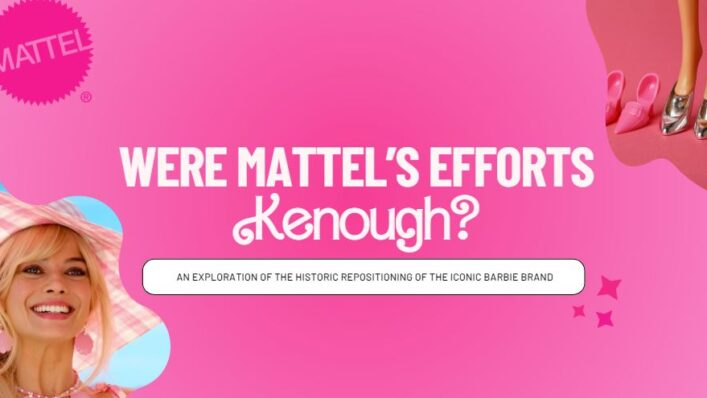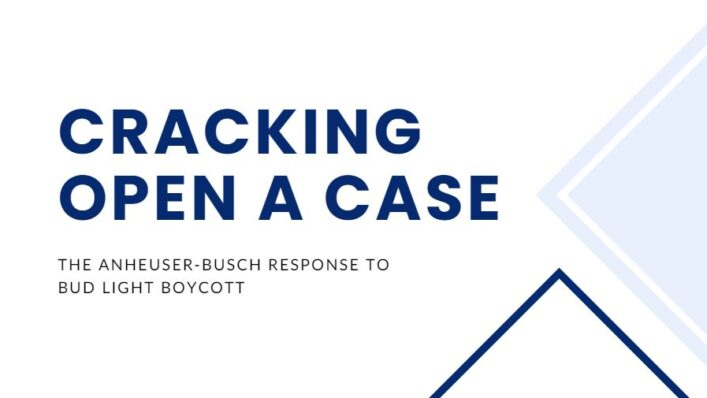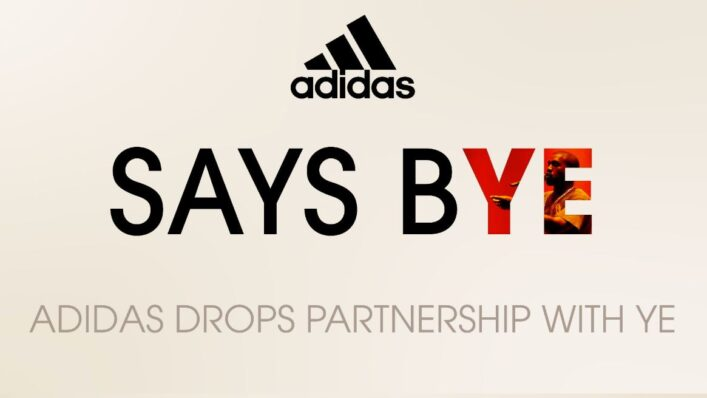- PageViews

Dec 4, 2024
It’s almost time! The 2025 IPR + Page Case Study Competition kicks off in a few months, bringing a new wave of thought-provoking analyses from the next generation of communicators. Last year, we received 39 submissions from business and communications programs around the globe, distilling insights from some of the biggest stories and scandals in the corporate communications world.
Reflecting on last year’s event, I was struck by the innovative approaches students brought to their work and the lively discussions among our judges. This program is more than a competition; it’s a learning experience for everyone involved—participants, advisors, and judges alike. The cases are read by the top practitioners in the field, informing future best practices and driving the profession forward.
Here’s a recap of last year’s award-winning cases to inspire you and showcase the value of this program:

By: Rebecca Wolff, Mariela Dothe-Marcial, Chloe Oakes and Katrina White; University of Florida.
Our grand prize winners from the University of Florida analyzed Mattel’s repositioning strategy for the Barbie brand. As part of the grand prize, they were not only featured on the New CCO podcast, but also had a chance to discuss their case study with Mattel CCO Catherine Frymark.
Communications as a Strategic Function: Many of the cases we receive focus solely on a crisis and the remediation efforts; this one instead researched a proactive business strategy that repositioned an iconic brand. It reflected the increasingly strategic role of the CCO; understanding the intricacies of stakeholders, business conditions and market opportunities reflects the expanding boundaries of the function.

By: Lexi Esterle; Ball State University.
The first runner-up case examined Bud Light’s ill-fated partnership with trans influencer Dylan Mulvaney. Despite good intentions, Anheuser-Busch found itself in the middle of the culture war, ultimately earning the ire of both sides of the debate. By gifting the influencer custom merchandise, then abandoning her in the heat of the controversy, both sets of stakeholders felt their expectations were disregarded.
Authenticity in Brand Activism: This case study did a phenomenal job at illustrating the risks associated with brand activism, showcasing the risks of taking advocacy positions that do not align with the brand or core demographic. The resulting boycott was effective in influencing the brand to walk back the activism, furthering the criticism from both sides that their actions lacked authenticity.

By: Valeria Ruiz, Marina Rutter, Jarriae Anderson; DePaul University.
Our second runner-up from DePaul University deals with a brand partnership gone wrong. The problem, however, was how deeply engrained the partnership ran. For those who don’t recall, Adidas had an incredibly lucrative product partnership with the Yeezy brand, which generated $2 billion annually. This all came to a halt after a flurry of antisemitic tweets and remarks from Ye prompted the German fashion brand to drop him.
Context in a Crisis: What this case did really well was explaining how the broader context of antisemitism in society impacted this situation. Crises like these don’t exist in a vacuum; it is critical to understand the history that leads to the point of crisis. For Adidas, a company founded by a former Nazi businessman, this point is key. Their history, along with their delay in response relative to other fashion brands, led to a public outcry against Adidas. A very important lesson for brands with disreputable pasts.
The IPR + Page Case Study Competition will begin judging in February of next year, with winners being announced a month or so later. If you know any college students studying business, communications or a related field, they can learn more about the competition and check out past winners here.